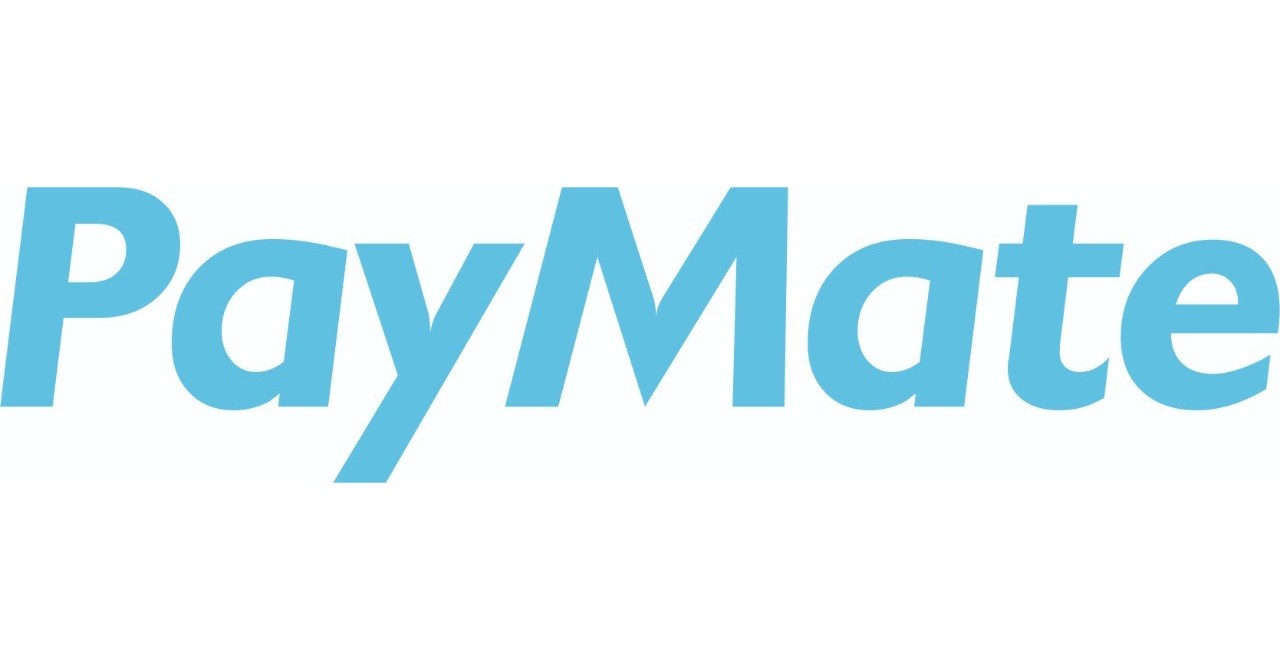PayMate extends its cloud-based B2B payment platform to businesses in Singapore and Sri Lanka. The move seeks to appease the working capital needs of customers.
The Indian payments processing company has incorporated and registered its entities in Singapore and Sri Lanka to extend its B2B payment platform.
PayMate’s general services work to digitise and automate business payments in supply chains.
Local large enterprises and SMBs in Singapore and Sri Lanka who adopt the company’s platform can use bank-issued commercial credit cards to make early payments towards supplier invoices; extending their days payable.
The platform reconciles all incoming and outgoing payments, allowing analysis of business cash flow for CFOs and finance managers to improve their working capital.
Other noteable features include custom approval workflows, APIs, spending reports and integrations with ERPs; furthering the efficiency of payable and receivable processes.
“We are expanding into Singapore and Sri Lanka to offer B2B payments and working capital solutions for businesses,” confirms the company’s chairman and managing director, Ajay Adiseshan.
“The PayMate platform provides an interface to simplify the payments and collection process for our customers and their suppliers, dealers and distributors,” he continues.
Adiseshan also references the capabilities of its commercial credit cards, which enable businesses “to make timely payments, manage cash flows and end-to-end reconciliation.”
Singapore and Sri Lanka expansion
The company’s recent expansion into Singapore and Sri Lanka forms part of its wider geographical strategy. It confirms its interest in other parts of Central Europe, the Middle East and Africa (CEMEA), South Asia and the Asia Pacific (APAC).
The company cites the findings of a RedSeer report as catalysts of this strategy.
The data estimates 2021’s global commercial payments volume at between $130trillion and $135trillion. Of this, India has approximately $8trillion, CEMEA has approximately $10trillion and APAC has an estimated $58trillion.
(Source:fintechtimes)
